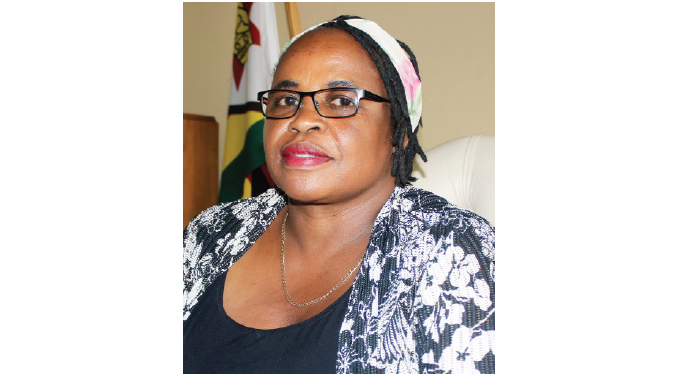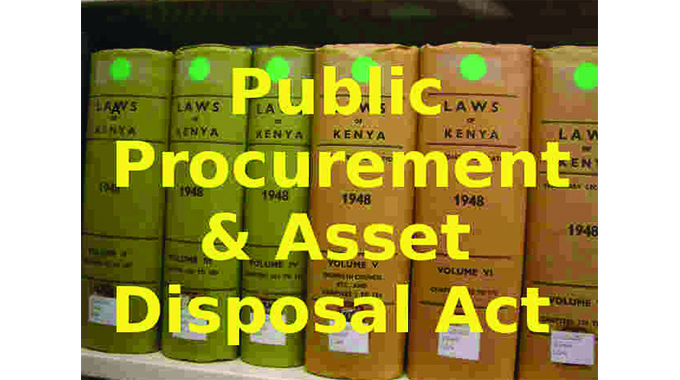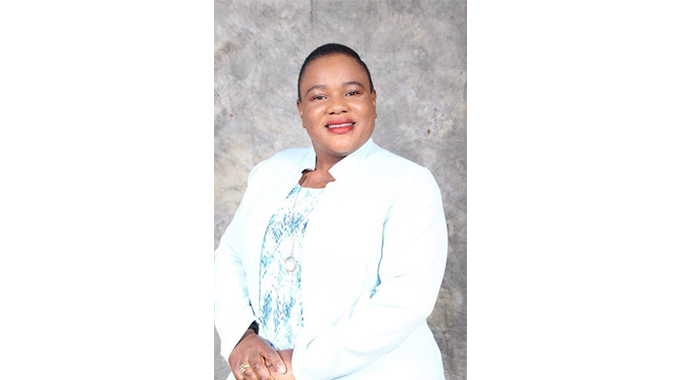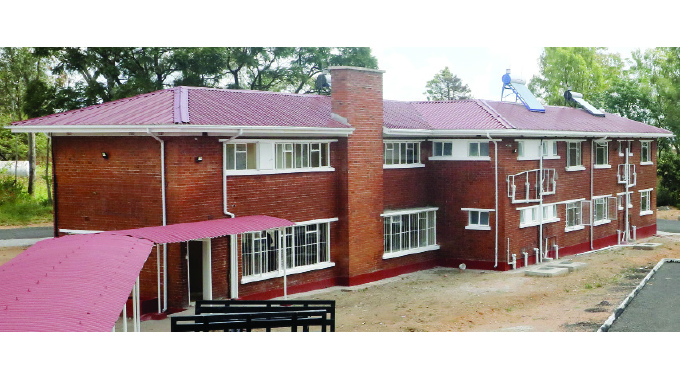Deputy Minister Chombo presents Tsholotsho RDC probe report

Sikhumbuzo Moyo, Senior Reporter
Tsholotsho Rural District Council has not been following proper procedures like consulting traditional leaders ahead of the sale of bull elephants that saw the trophy fees being significantly slashed, a Government-appointed investigation team has revealed.

The team however found out that the resolution to slash the fees was above board as it was done after a full council meeting, despite not having consulted as required.
The investigation team was appointed by the Minister of Local Government and Public Works after numerous complaints of alleged corruption, irregular slashing of trophy fees, and misuse of devolution funds by the Tsholotsho Rural District Council.
The team was led by Mr Mike Mazai, the ministry director for Rural Local Authorities and was in accordance with section 154 of the Rural District Councils Act {Chapter 29:13}.
Presenting the report to the RDC and other stakeholders in Tsholotsho on Monday morning, Local Government and Public Works Deputy Minister, Marian Chombo said the investigation team was guided by four terms of reference; to investigate the circumstances that led to the slashing of trophy fees from US$40 000 to US$10 000, to verify if Council is following terms of agreements entered between Council and Safari operators, to ascertain if Council is consulting community Campfire committees in running of Campfire projects and to investigate if devolution funds are being properly utilised.
“From the inquiries made by the investigation team, a number of discrepancies were observed which call for collective effort in trying to address them.
The team found out that the slashing of trophy fees was presented to relevant Committees but however, Council did not consult Chiefs who are the custodians of all natural resources as enshrined in the Constitution of Zimbabwe.

In this regard, it is recommended that in future Council involve traditional leaders in Council matters especially those that directly affect communities in tandem with the dictates of the Constitution of Zimbabwe (Amendment no 20 of 2013) and Devolution,” reads the report.
The team advised Council to seek legal guidance and also adhere to the letter and spirit of Sections 85-86 of the Public Procurement and Disposal of Public Assets Act whenever it decides to review trophy fees.

The team noted that it was council policy to pay wards at a rate of 60 percent of the revenue from the conservancy and the money is channeled towards the development of wards under the management of the Ward Development Committee (WDCs) but, the team reported, there was no supervision by the Council on how the money was used by the WDCs as there was no convincing evidence in the form of some integrated planning processes which speak to the ward and district development under the ‘goal congruence principle’
“It is recommended that Council as the Appropriate Authority and with the status and effective rights to manage its wildlife, in unison with the ward communities, should continue to use quotas approved by the Zimbabwe Parks and Wildlife Management Authority to harness wildlife enterprises towards improving the livelihoods of people in rural communities.
“The Council must also deliberately collaborate with wards and jointly supervise the use of wildlife dividends to ensure that the funds are used for their intended purpose and implement sustainable and tangible development in the Campfire District,” Deputy Minister Chombo said.
It is stated in the report that devolution, as cited in Section 301(2d) of the new Constitution, is meant for the provision of basic services including education and health in marginalised areas hence failure to consult could result in undertaking projects that do not have an impact in the community.
“Devolution funds are being expended as budgeted but lack of consultation was noted as the Chiefs and the residents had minimum knowledge of the projects being undertaken.
Furthermore, Council is making use of a contract engineer to undertake various devolution projects, given the magnitude of devolution projects in line with Vision 2030.
Council should urgently appoint a substantive engineer to implement and monitor projects in line with the Devolution Agenda that puts more emphasis on infrastructural development,” reads the report.











Comments